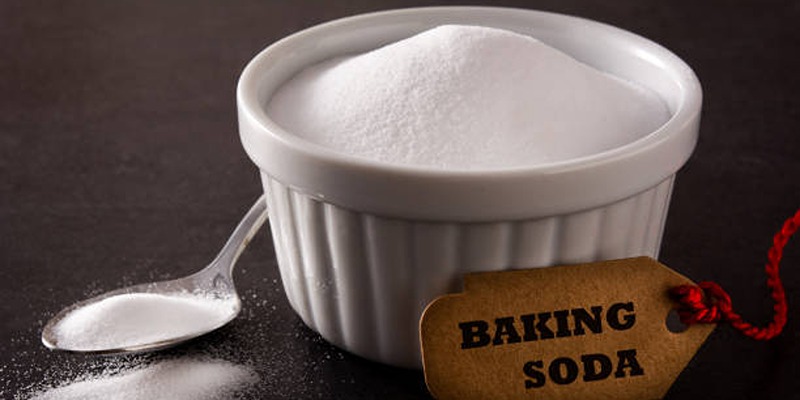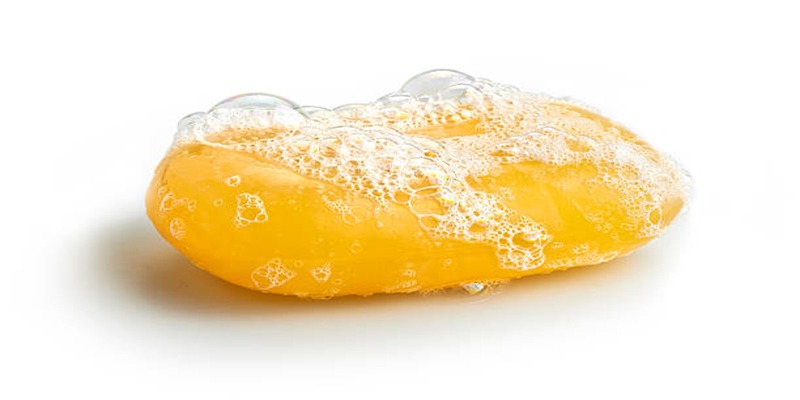Do you suffer from a runny nose that seems to linger for days? If this affects your daily life, chances are you're searching for ways to stop it.
While there may not be one clear-cut solution, there are certain things you can do and lifestyle changes you can make to try and keep your runny nose at bay.
In this blog post, we'll explore the causes of a runny nose and different tips and tricks that may help reduce or eliminate these symptoms. So if you're ready to take some action and start stopping the sneezin', let's get started!
Identify the cause of your Runny Nose
A runny nose can be caused by allergies, colds, or even exposure to irritants such as smoke or pollution. Once you have identified the cause of your runny nose, you can take appropriate steps to stop it.
If you are experiencing a runny nose due to allergies, try using an over-the-counter antihistamine such as Claritin or Allegra. These medications can help reduce inflammation in the nasal passages and stop your runny nose.
Use an over-the-counter decongestant, such as Sudafed, to assist alleviate nasal congestion and inhibit mucus production if you know that a cold is to blame for your runny nose.
Use a nasal spray like Flonase to lessen nasal channel irritation if you are aware that your congestion is being brought on by exposure to an allergen.
Home Remedies

Home remedies can effectively relieve a runny nose and provide much-needed comfort. These remedies are often easily accessible and can be used at home to help alleviate symptoms without medical intervention.
Here are some commonly recommended home remedies for a runny nose:
Saline nasal sprays:
Saline solution, a mixture of salt and water, can help flush out excess mucus and moisturize the nasal passages. Saline nasal sprays are available over the counter and can alleviate congestion and reduce the frequency of a runny nose.
Steam inhalation:
Inhaling steam can help open nasal passages, reduce congestion, and alleviate a runny nose. Boil water, pour it into a bowl, and place a towel over your head to create a tent. Lean over the bowl and inhale the steam for several minutes, taking deep breaths. Be cautious not to burn yourself with the hot steam.
Warm compresses:
Applying warm compresses to the face can help relieve nasal congestion and soothe the nasal passages. Take a clean washcloth, soak it in warm water, wring out the excess water, and place it over your face, focusing on the areas around the nose and sinuses.
Nasal irrigation with a neti pot:
Nasal irrigation involves using a neti pot or a nasal rinse to flush out the nasal passages with a saline solution. This process helps remove irritants, excess mucus, and allergens, providing relief from a runny nose. Following proper technique and using sterile or distilled water for nasal irrigation is important.
It's important to note that while home remedies can provide temporary relief, if your symptoms persist, worsen, or are accompanied by severe discomfort or other concerning symptoms, it is advisable to seek medical attention.
Additionally, it's crucial to consult with a healthcare professional if you have any underlying health conditions or are unsure about the appropriate use of these home remedies.
Over-the-Counter Medications

Over-the-counter medications can be useful in managing a runny nose, particularly when caused by allergies or nasal congestion. These medications are readily available without a prescription and can help relieve symptoms.
Here are two common types of over-the-counter medications used for a runny nose:
Antihistamines:
Antihistamines block the effects of histamine, a chemical released during an allergic reaction. Doing so can help alleviate allergy symptoms, including a runny nose. Antihistamines are available in different forms, such as oral tablets, capsules, and liquids.
They can temporarily relieve sneezing, itching, and excessive nasal discharge.
Decongestants:
Decongestants narrow the blood vessels in the nasal passages, reducing swelling and congestion. They can help relieve nasal congestion associated with a runny nose. Decongestants are available in oral tablets, capsules, nasal sprays, and drops.
It's important to use nasal decongestant sprays or drops for a limited duration, typically no longer than three to five days, to avoid rebound congestion.
Before using over-the-counter medications, it is essential to read and follow the instructions carefully and consult with a healthcare professional, especially if you have any underlying health conditions or are taking other medications.
Prevention Tips
Preventing a runny nose involves taking certain precautions to reduce the risk of exposure to viruses, allergens, and other irritants. Incorporating these prevention tips into your daily routine can minimize the chances of developing a runny nose.
Here are some effective prevention tips:
Regular handwashing:
Good hand hygiene is crucial in preventing the spread of viruses and bacteria that can cause respiratory infections. Wash your hands thoroughly with soap and water for at least 20 seconds, especially after being in public places, before eating, and after blowing your nose, sneezing, or coughing.
Boosting the immune system:
A strong immune system can help defend against infections and reduce the likelihood of a runny nose. Maintain a healthy lifestyle by eating a balanced diet of fruits, vegetables, whole grains, and lean proteins.
Get regular exercise, manage stress levels, and ensure adequate sleep to support your immune system.
Avoiding close contact with sick individuals:
Viral respiratory infections can spread through close contact with infected individuals. Avoid close contact with people with colds, flu, or other contagious illnesses whenever possible. If you must be around someone sick, practice proper hygiene, such as wearing a mask, maintaining distance, and washing hands frequently.
FAQs
What are the causes of a runny nose?
Allergies, the common cold, flu, or other respiratory infections, can cause a runny nose. It can also occur in response to foreign substances such as dust, smoke, and certain medications.
How do I stop a runny nose?
The best way to stop a runny nose depends on the cause of your symptoms. If your runny nose is caused by allergies, taking an antihistamine can help reduce symptoms. Rest and fluids are key to helping your body fight off the infection of colds and viruses.
How can I prevent a runny nose?
To help prevent a runny nose, it's important to practice good hygiene habits. This includes washing your hands regularly with soap and water, avoiding close contact with sick people, and getting the flu vaccine yearly. Avoiding irritants like smoke or strong scents can also help reduce your risk of developing a runny nose.
Conclusion
With all that in mind, it’s important to remember that everyone is different. What works for one person may not work well for another.
Listening to your body is also important; you know it best. Implementing some of the techniques covered in this blog post – such as increasing water intake, reducing stress levels, and drinking herbal teas and mentholated vapors – can help reduce or eliminate irritation and a runny nose.
Feel free to experiment with different options until you find the ones that work best for you!




